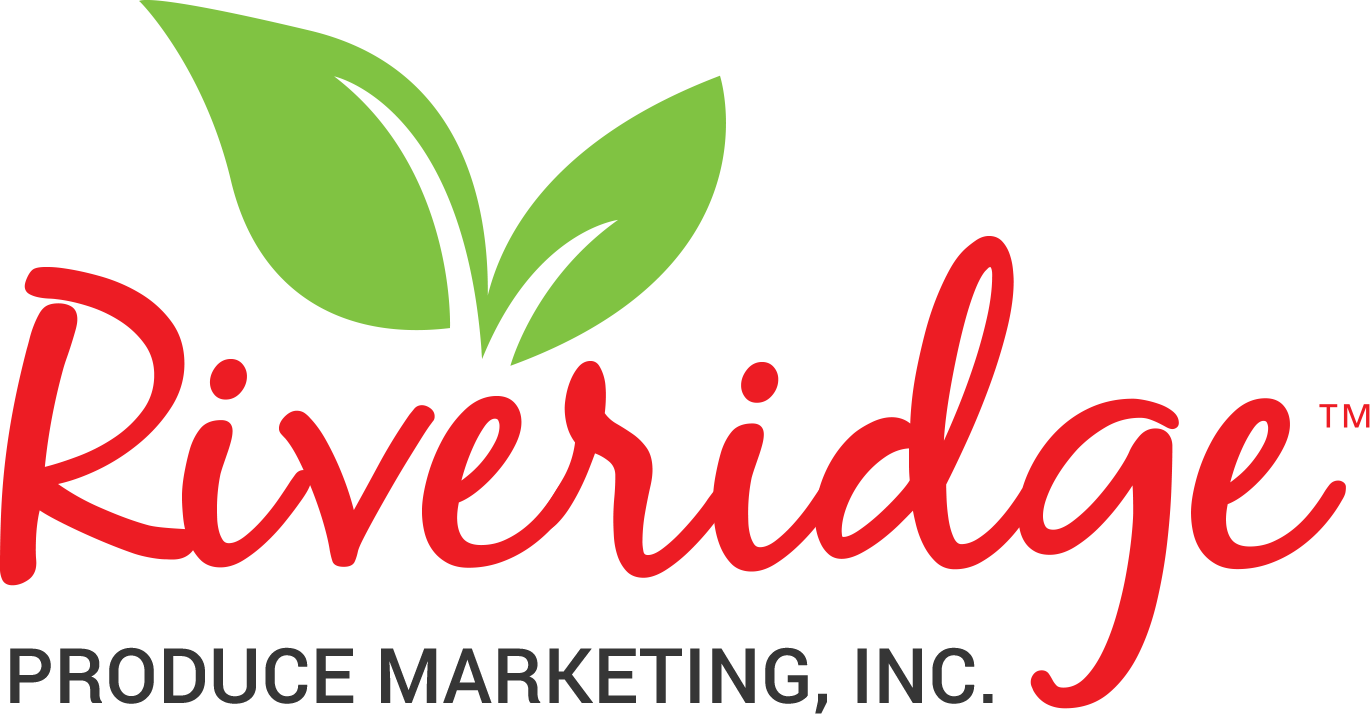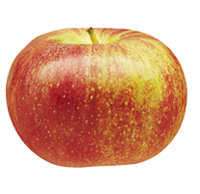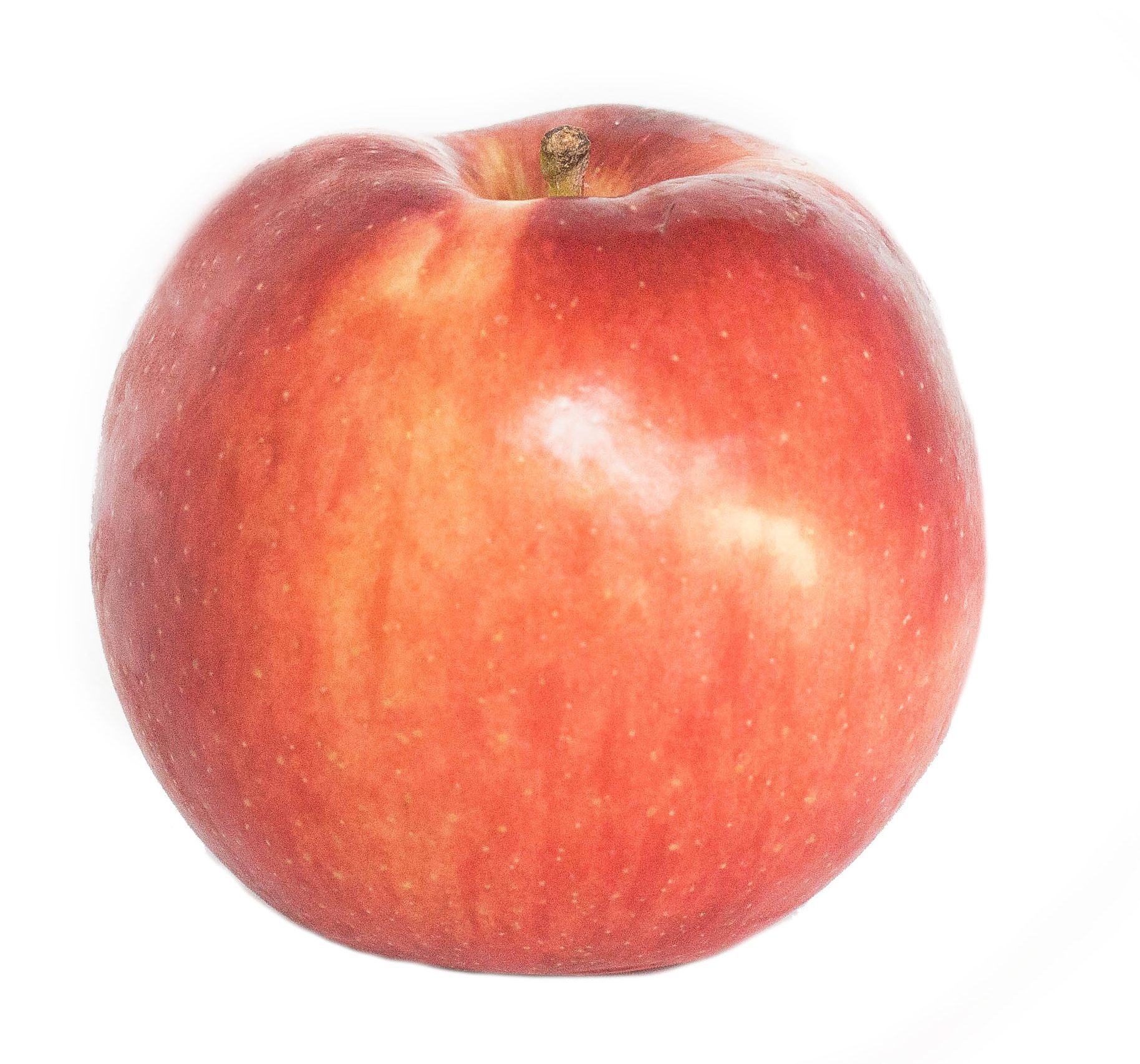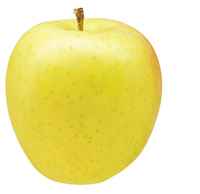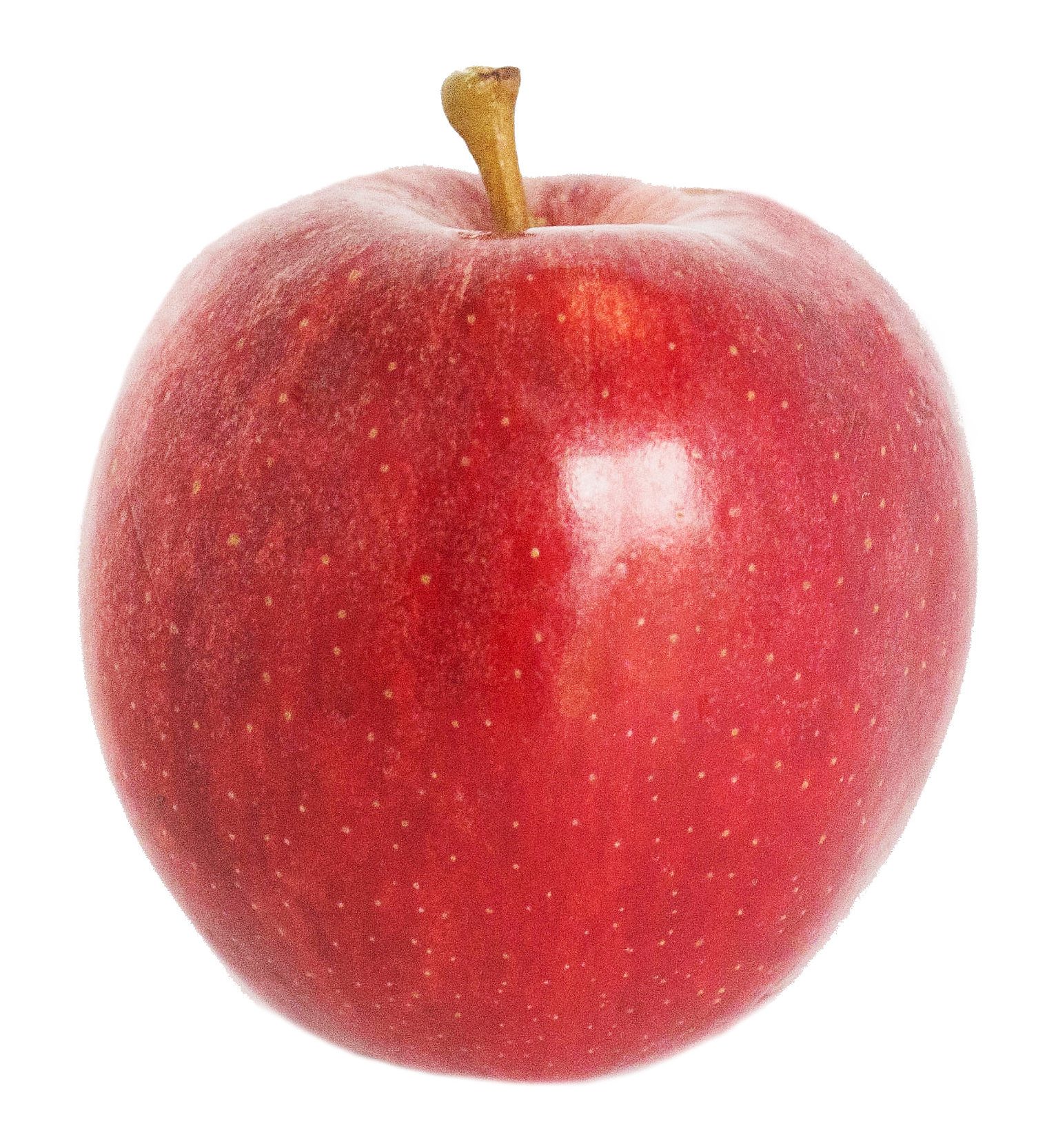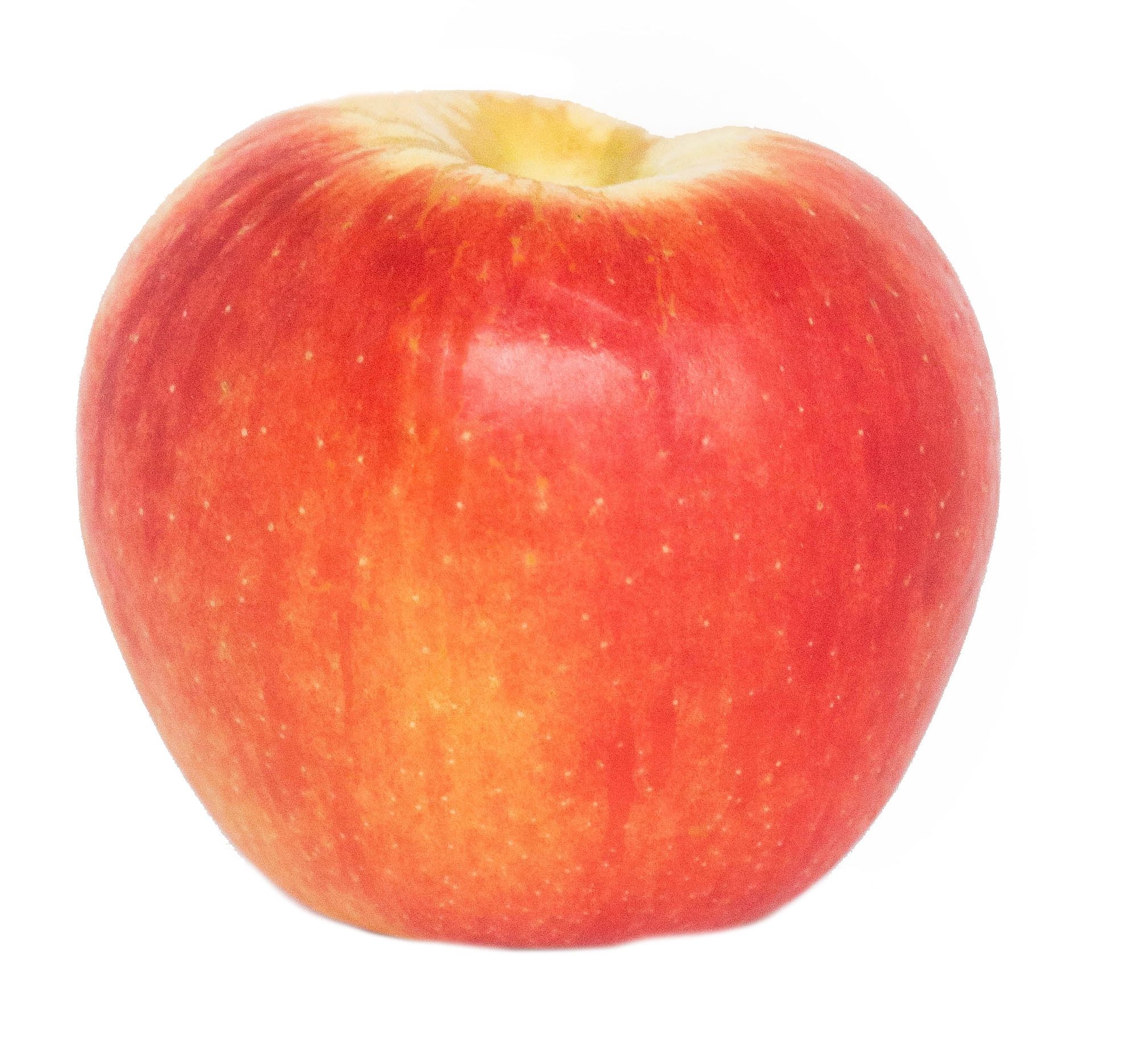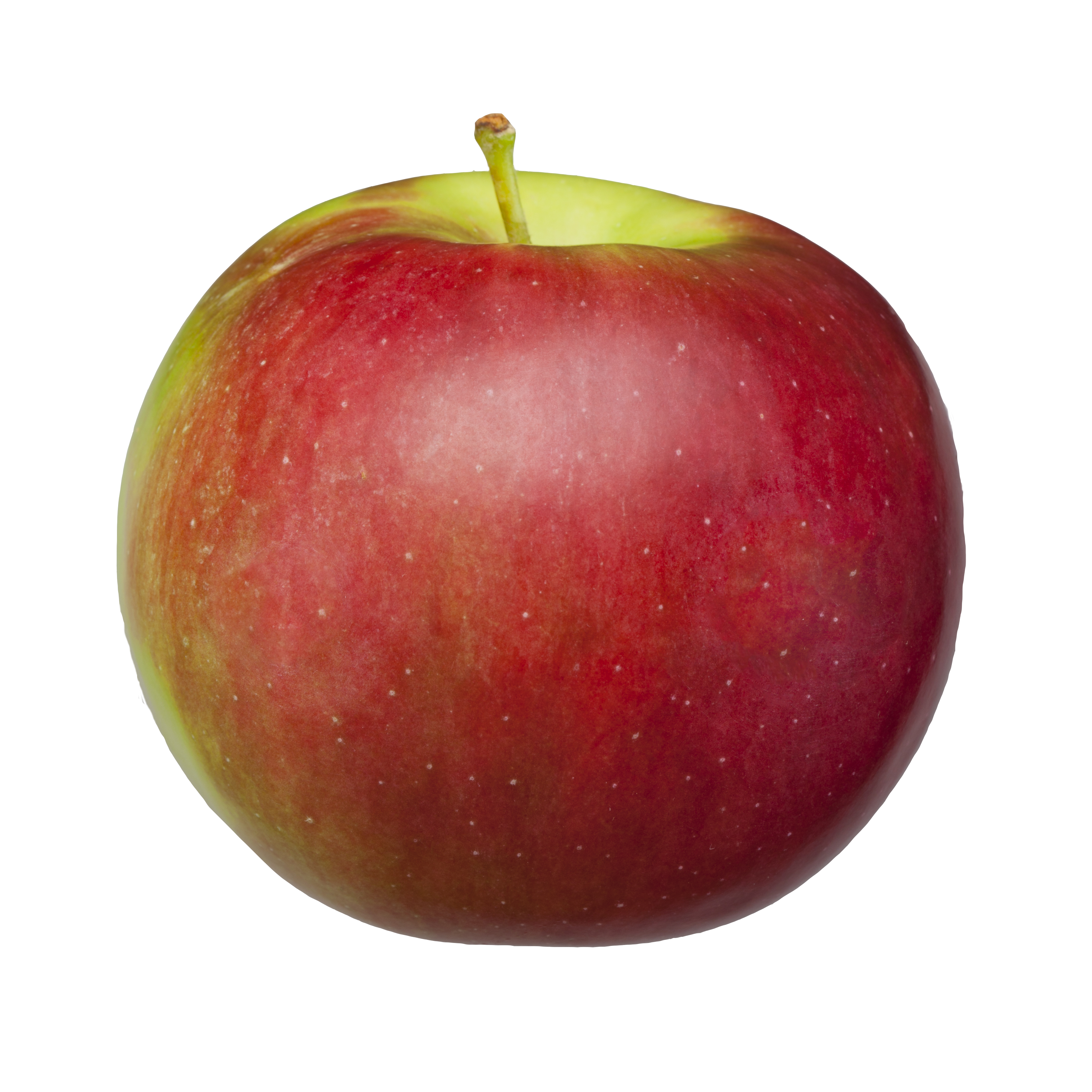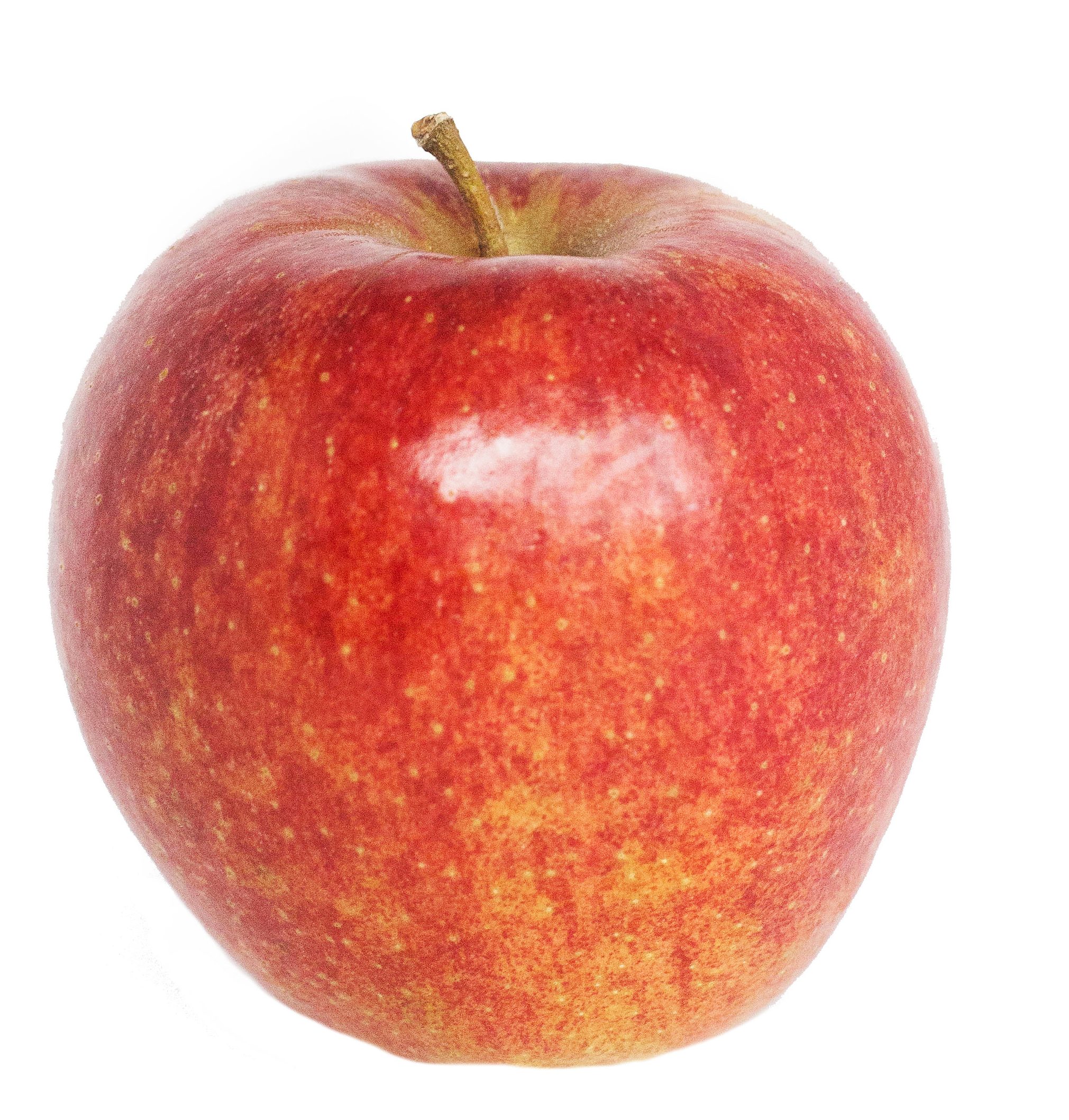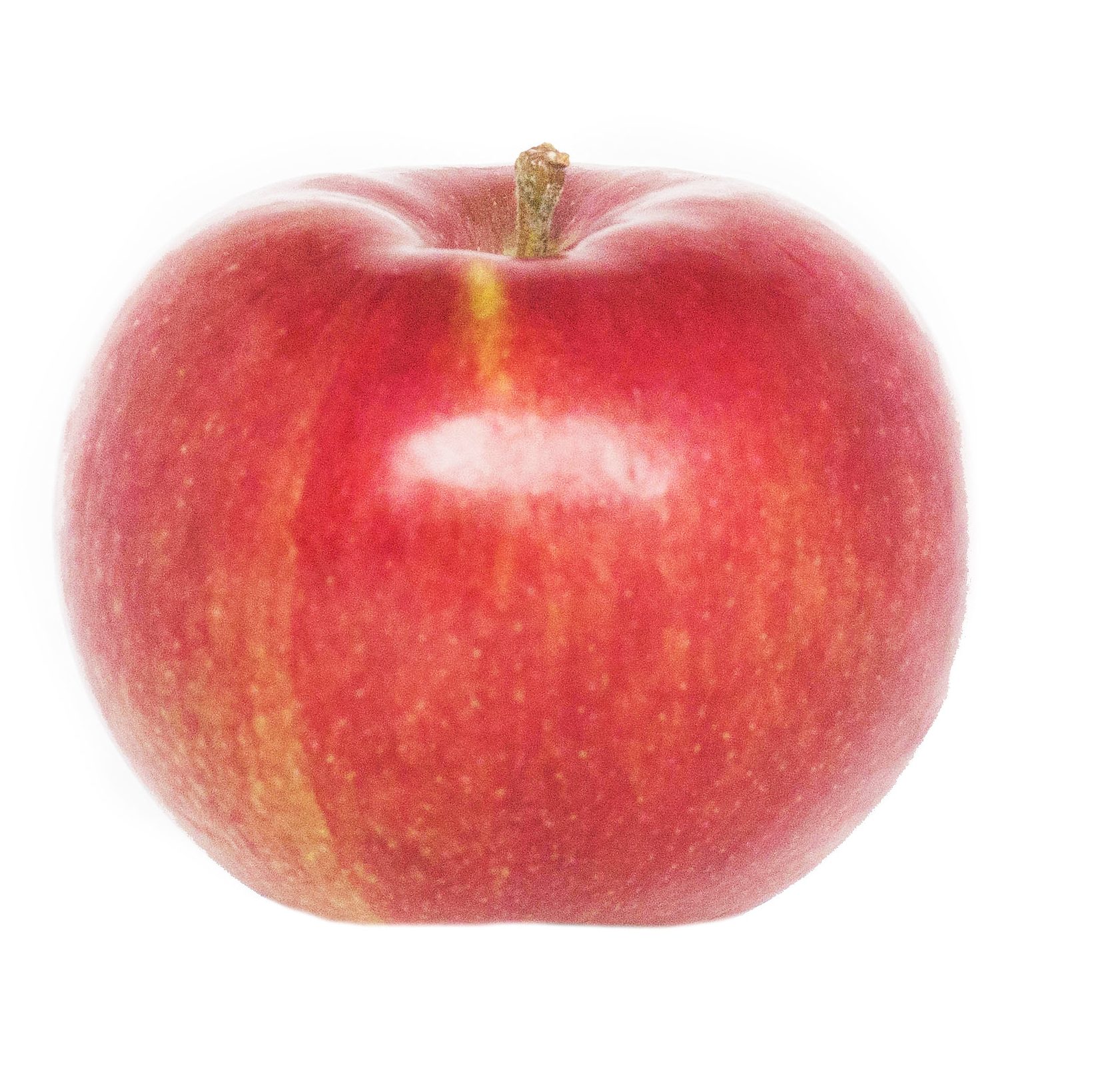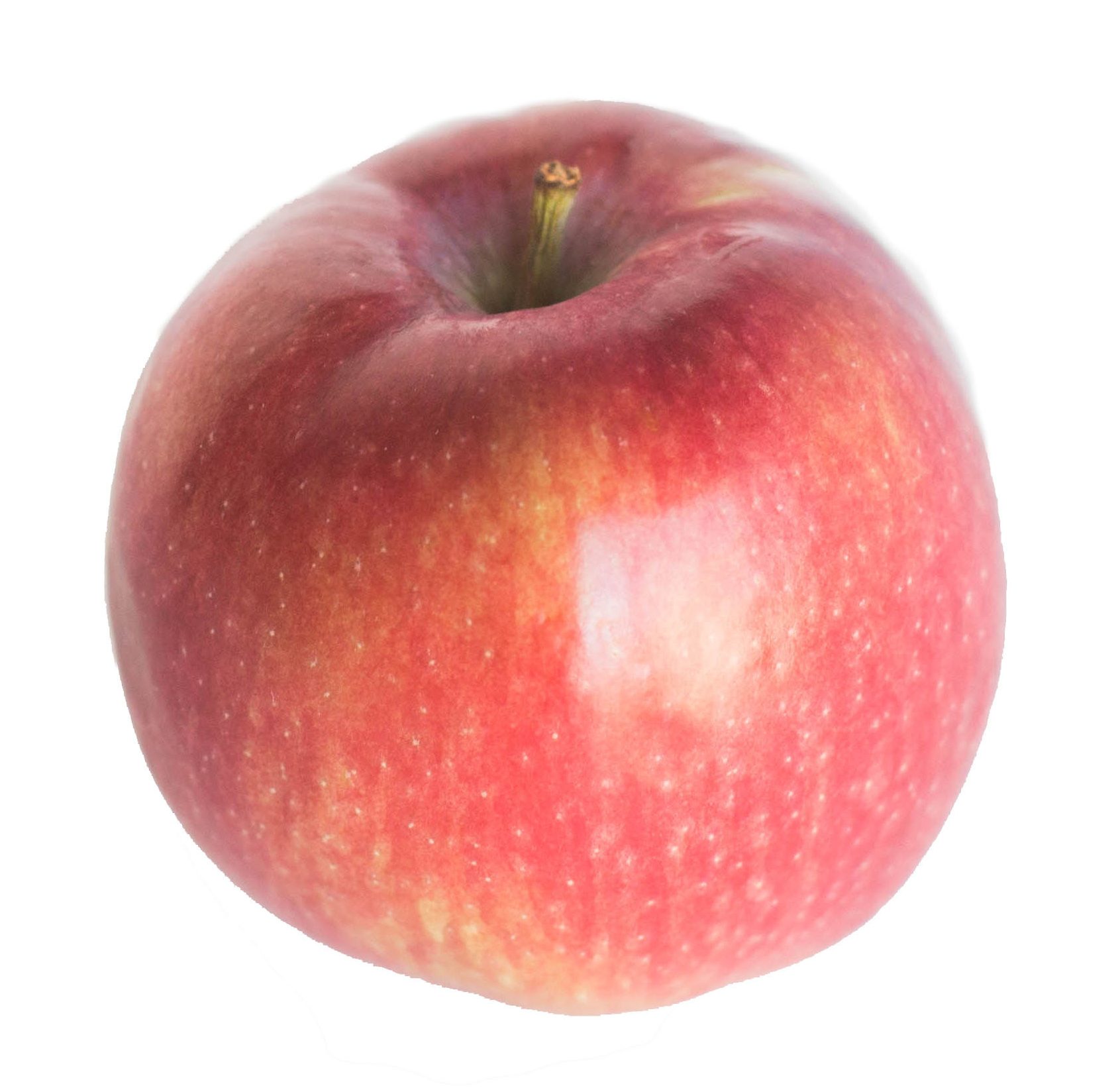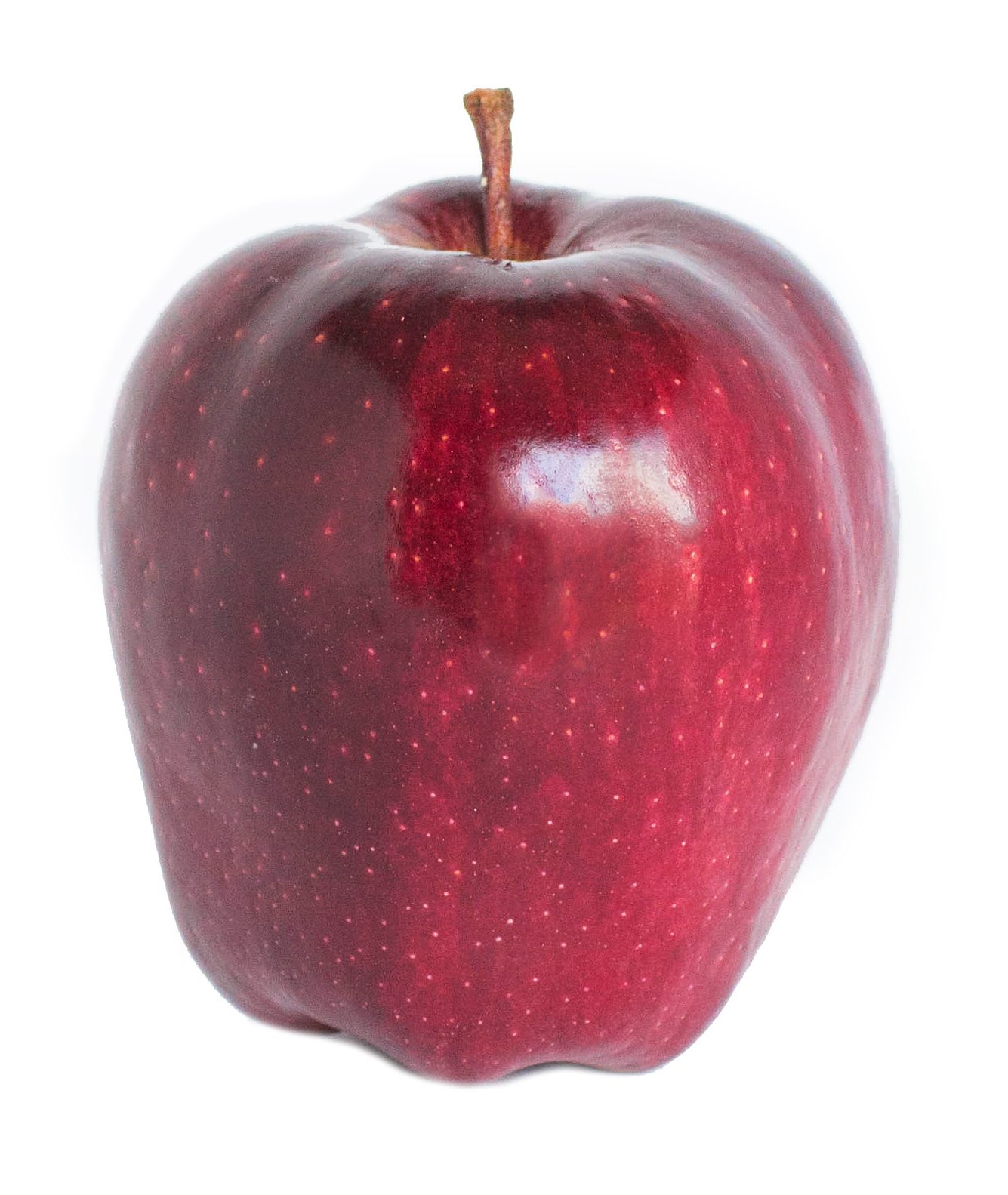Producing more than 20 varieties of apples, and employing over 120 workers in peak season
History
Wisconsin’s so-called Driftless Region lies at the western edge of Wisconsin in an unusually hilly area not touched by glaciers. It includes corners of Iowa, Minnesota and Illinois, and the streams and other headwaters for the Upper Mississippi River.
One hundred years ago, an enterprising farmer rightly judged the area would make good apple country and planted the first trees in Sunrise Orchards’ holdings.
Two decades later, Ellery and Grace Teach caught that vision and took over the original 35 acres of apples. Four generations later, the Teach family operates an orchard of 225 acres including a commercial packing house and farm market, and calls Gays Mills, Wisconsin, their home.
Growth
Today Sunrise Orchards is operated by the third and fourth generation of the Teach family. The farm is well-known in the region as a farm market destination.
The Teaches produce more than 20 varieties of apples, and employ over 120 workers in peak season. About a quarter of the orchards’ production is sold on-site, with the rest sold to grocers and markets through an arrangement with Riveridge.
“Over the years, we’ve put more emphasis on our wholesale operation,” says Allen Teach, president of Sunrise Orchards. “Now many of the varieties we plant are because of consumer demand in traditional retail channels.”
“While we’re very proud of our history, we know that we must continually update our varieties and re-invigorate our plantings to meet the demands of modern consumers,” he adds.
Every year, Sunrise Orchards replaces about 10 acres of trees with high-density tall spindle plantings. New plantings are particularly focused on Cortland, Honeycrisp and McIntosh.
In 2014, Sunrise added a fifth orchard to its growing footprint. Apple Mountain was added in 2010, and planted mostly with McIntosh.
Sunrise Orchards works in cooperation with a university and a private fruit breeder to evaluate new varieties for potential premium apples and juice markets.
Sustainability
The hilly terrain of western Wisconsin is also home to many hobby orchards, which means Sunrise must be extra-vigilant for insect pests.
The Teaches have honed their insect-scouting skills, as a key part of an integrated pest management (IPM) program. In addition, they’ve adopted mating disruption stations to confuse insects like codling moth, which minimizes reproduction and resulting crop damage.
Turns out, the rugged terrain is also useful for natural, zero-energy frost control. “This allowed a good crop even during the infamous 2012 growing season,” Allen says.
More than 80 percent of the Sunrise apple acreage is under highly-efficient drip irrigation. This system offers more predictable production, with a minimal carbon footprint.
As Sunrise moves closer to being a zero-waste business, they’ve developed several avenues to capitalize on the apple tree after its productive orchard life is over. One involves sending uprooted apple trees to a liquid smoke producer, which utilizes the apple essence in the specialty meat industry.

Even the old-style farm market is part of the sustainability picture! Since 2000 the cooking grease used to make donuts in the farm market, has been re-purposed into biofuel and biofuel blend.
All Sunrise orchard equipment is run on this biofuel, and a cooperative of neighboring farmers are now utilizing it, as well.
Because the Gays Mills valley area is prone to floods, Sunrise grows its apples on the sides of the steep hills, safe from the flooding and frost. Smart sprayers compensate for the angles of the hills, drastically reducing the amount of spraying required cutting chemical use by 20-25 percent.
Future
“As Sunrise moves into our second century, we’ll continue to honor our mission as a grower of high-quality apples for selective consumers,” says Allen. “We have long worked with other growers on Wisconsin’s Orchard Ridge to develop a quality regional reputation for our apples.”
“In this unique growing area, we have to teach and learn from each other all the time,” he says.
Sunrise has many future plans including a schedule to fence all of its orchards by the end of 2015. With Wisconsin’s deer and feral hog population trending upward, the apple trees need additional protection from wildlife.
“We have a good exchange of ideas with Riveridge as a partner,” says Allen. With wholesale sales support from Riveridge, this highly-successful regional orchard will become even more well-known to Midwest consumers in the years to come.
